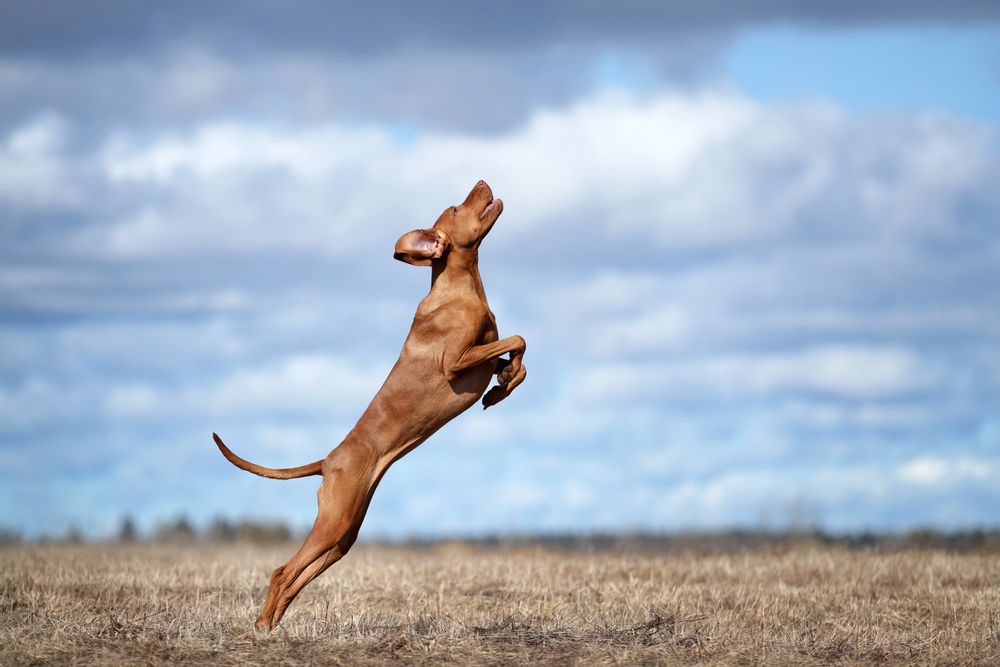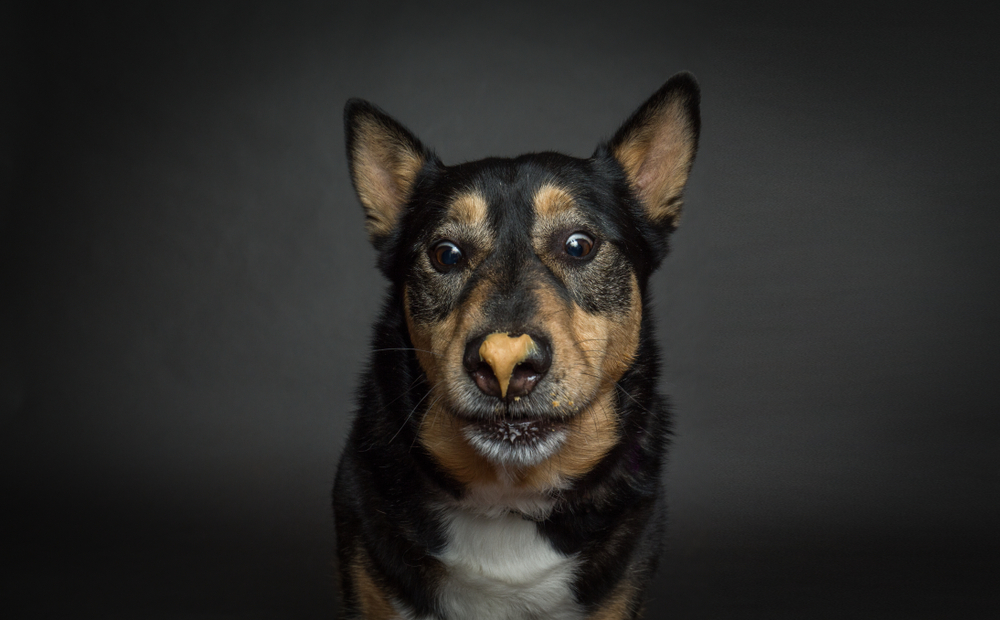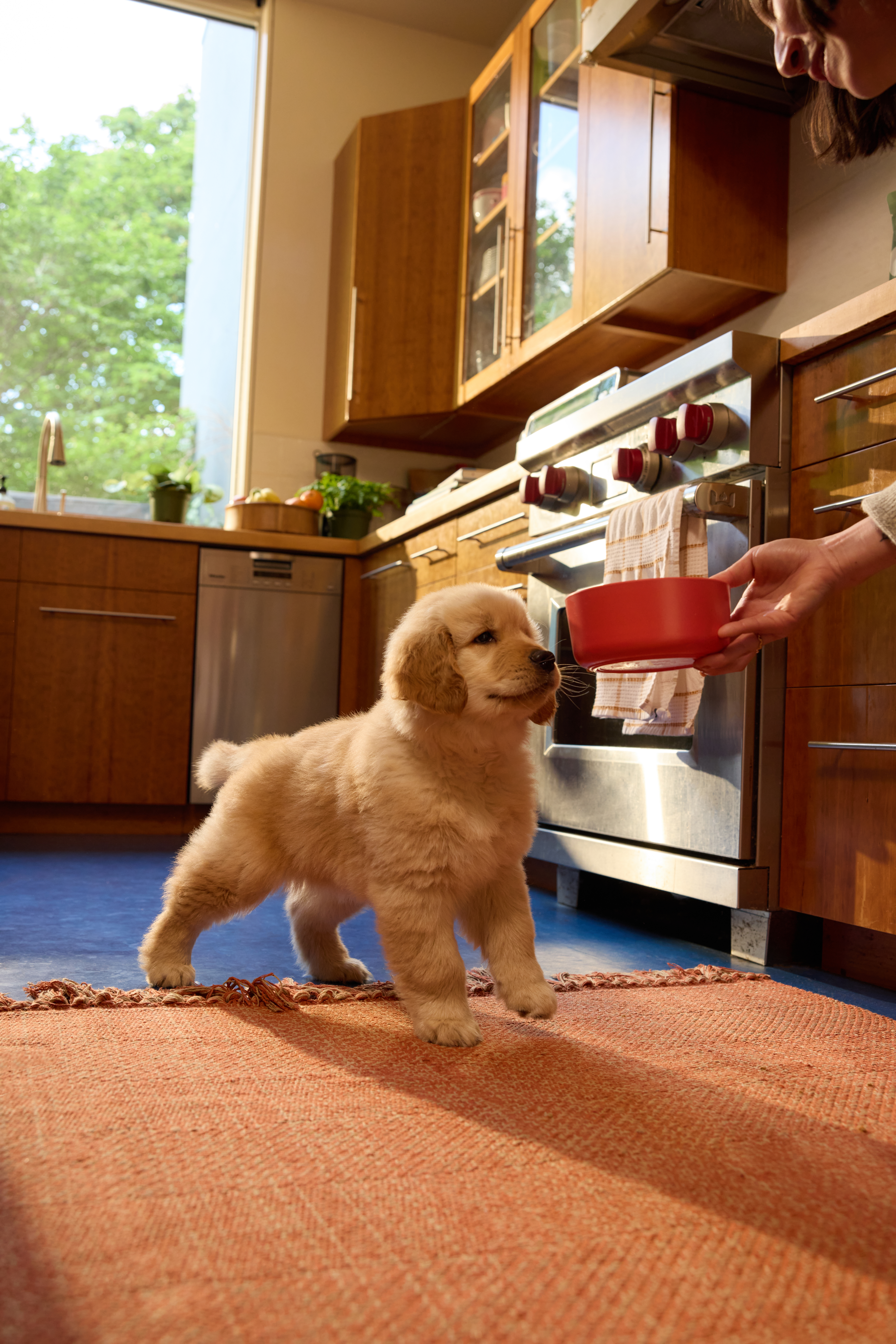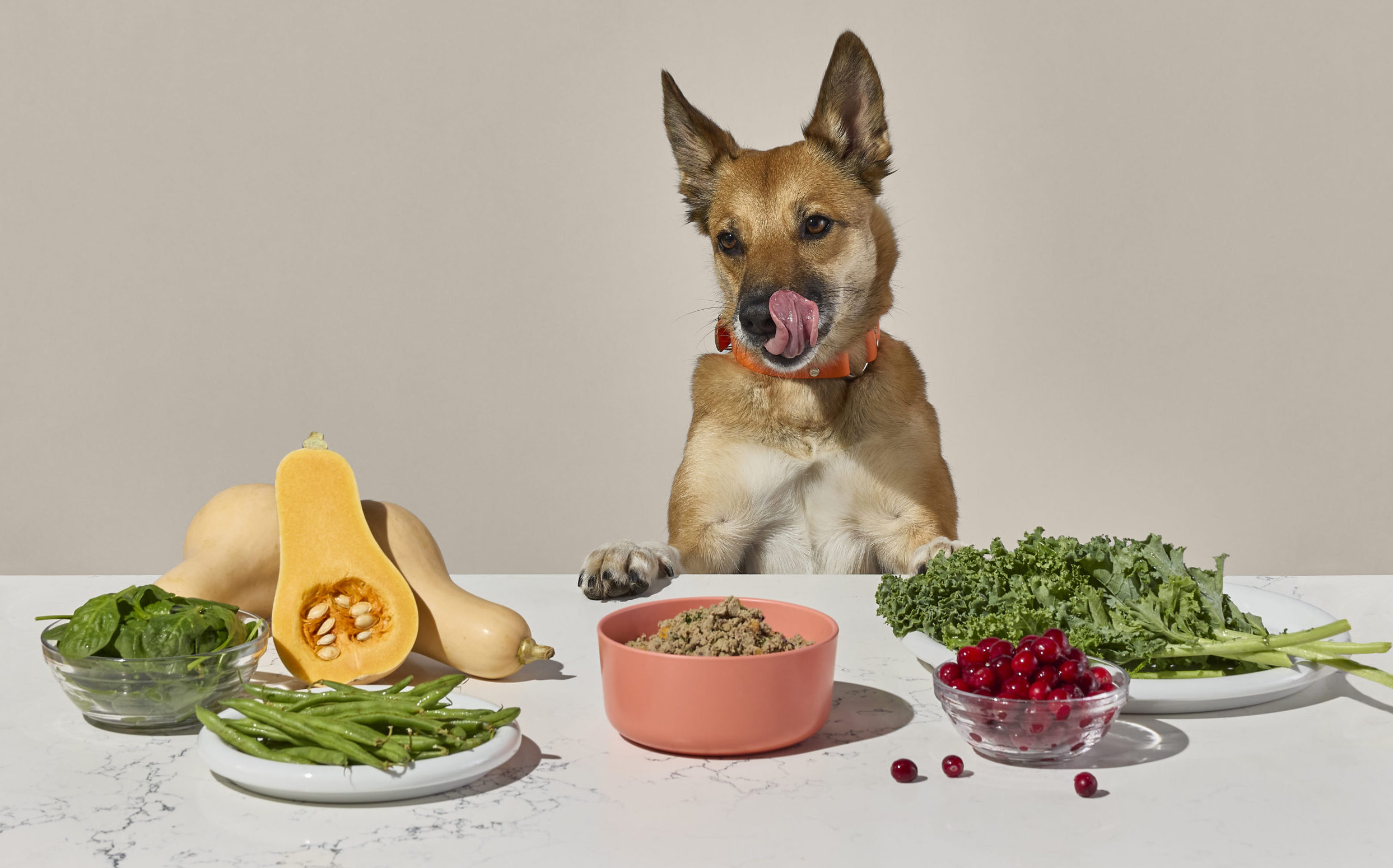Hey Ollie blog readers! We’re offering you an exclusive 60% OFF your starter box! Try now!
Do you have an active dog who is always hungry? Have you ever wondered if you’re really giving your pup enough food to support their active lifestyle? What about the reverse? Are you feeding your moderately active dog as much as a long-distance sled dog? That’s probably only going to lead to weight gain or other health problems. So what really constitutes an active dog and how many calories do they really need? We break it down for you here!
If you’ve ever ordered Ollie for your pup, you know one of the first questions we ask is how active is your pup?
The definition of active is kind of subjective so if you’ve ever questioned your response here are a few things to consider.
We categorize dogs three ways for the purpose of onboarding our new pet parents:
Hyper: Only stops running and jumping to eat
Pretty active: Loves to play and will go on longer walks
Not very active: Mostly sleeps during the day. Prefers shorter walks
These categories should cover most pup’s activity levels and needs. Another question we ask our pet parents is what their pups weight (we really don’t mean to be rude) and what their ideal weight is.
These questions let us adjust your pet’s customized meal plan to help them safely lose or gain weight gradually over time. If your pup is severely under or overweight you will also want to share your meal plan with your dog’s vet and get some feedback from them.
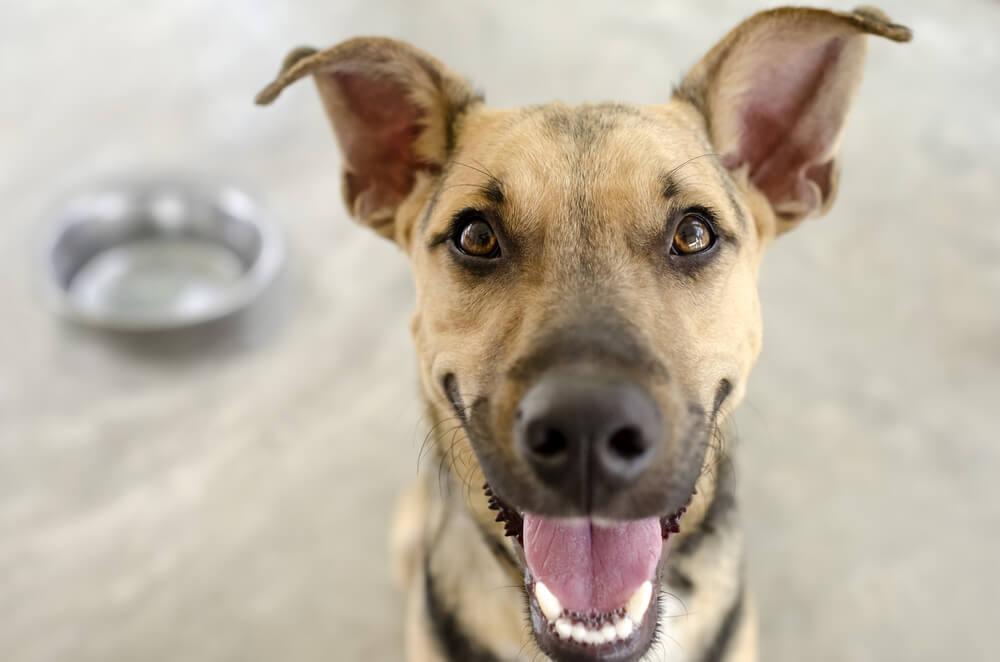
My hyper dog always seems hungry and is underweight. What can I do?
If your “hyper” dog is actually an elite canine athlete you may want to have a vet or veterinary nutritionist work with you on a plan to keep your dog in the optimal shape. This might include additional feedings or supplements designed for canine athletes.
While The Association of American Feed Control Officials says that most healthy dogs who eat a balanced diet don’t need supplements – it might be worth exploring in this situation. Your elite athlete has different nutritional needs than the "average" pet.
Even if your pup is not competing in high-level dog sports, consistently participating in activities like running distances, hiking, swimming or even participating in recreational sports like agility or flyball can increase your pup’s needs for additional nutrition. This will really be dependent on the frequency, and intensity of your dog’s participation as well as their age, size and breed.
The best way to know if your dog is just looking for a handout or really needs additional nutrition is to pay attention to your dog’s body shape, energy level and how quickly they recover from activity. Most vets and veterinary nutritionists use a numeric body score that is similar to the Body Mass Index (BMI) in humans. The dog scales range from 1-5 or 1-9 depending on the scale used. In either case a 1 is emaciated or very thin and a 5 or a 9 is morbidly obese.
If your pup is underweight and seems lethargic, you can talk to your vet about trying to increase their food gradually. You also want to be sure your pup is getting enough sleep. If that doesn’t help check back in with your vet or bring in a veterinary nutritionist for a consult. They can help you find the optimal diet for your dog. At Ollie, we do have a veterinary nutritionist help us formulate our recipes to ensure they are not just tasty but also optimally nutritious for as many pups as possible.
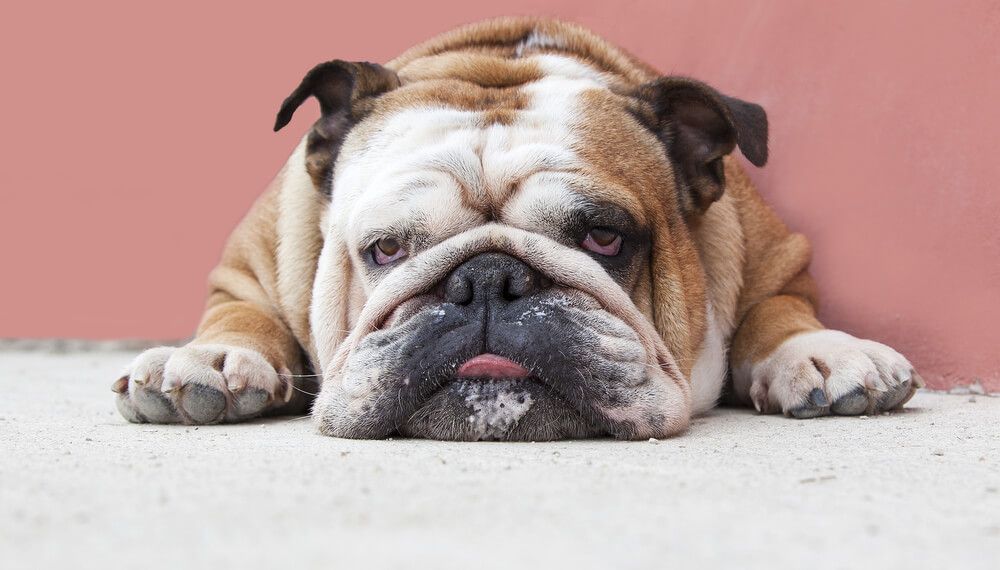
My dog’s idea of exercise is a long walk to the fridge, what about their nutritional needs?
Low energy or more sedintary dogs also need careful attention paid to their nutritional needs. These pups are more prone to obesity than their more active counterparts. As a pet parent you want to find that sweet spot where your pup is maintaining a healthy weight. Even if exercise isn’t your pup’s favorite thing, talk to your vet about the ideal amount of time they should spend doing some light exercise like walking. This will help your pup live a long and healthy life!
Like humans, dog’s metabolism slows down as they age, so you may need to re-evaluate your dog’s diet periodically. This is another reason why it is important to keep up with your dog’s annual wellness vet visits. Your vet will be able to tell you if your pup is gaining weight – especially if your pup is gaining too much weight for their body.
The Ollie blog is devoted to helping pet parents lead healthier lives with their pups. If you want to learn more about our fresh, human-grade food, check out MyOllie.com.
Tagged As:

The nutrition your dog needs,
the food they want.

Enjoying our articles? Subscribe our Newsletters and get new articles directly to your inbox
You might also like
21 July 2025
6 MINS READ
Can Dogs Eat Nuts? Which Nuts Are Safe & Serving Guide
Can dogs have nuts? Some nuts are fine in moderation, but others can cause serious harm. This quick guide breaks down which nuts are safe for dogs, which to skip, and how to feed nut butters respon…
18 July 2025
4 MINS READ
New Puppy Diet Recommendations for Healthy, Happy Growth
As a new pup parent, one of the biggest ways you can support your puppy’s long-term health is by providing the right nutrition. A puppy’s dietary needs are different from an adult dog’s, and…
by Ollie Pets
18 July 2025
5 MINS READ
How Human-Grade Dog Food Benefits Your Pup’s Health and Happiness
You’ve likely heard the term “human-grade” dog food, but what does it really mean, and is it worth it? Choosing human-grade food can be a significant investment for your dog’s long-term he…
by Ollie Pets
